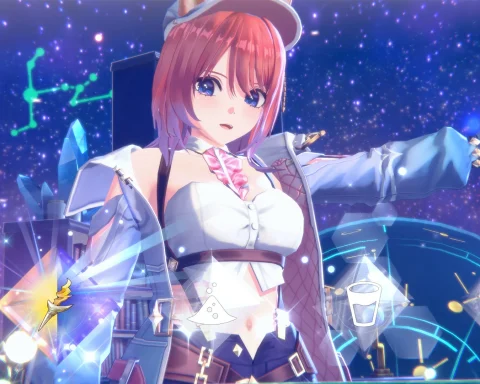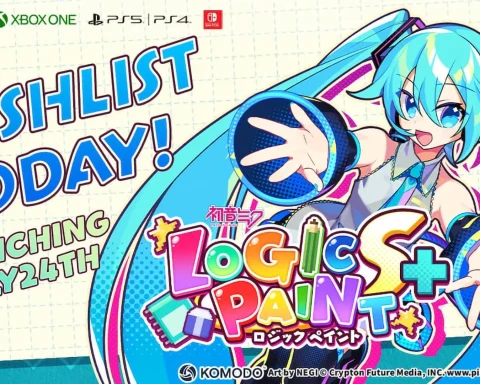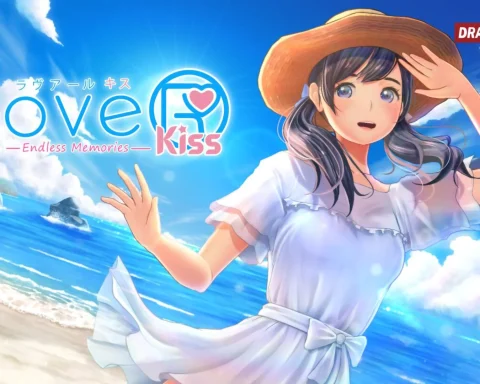 |
| Oh c’mon… Vaan? Really? Not Ashe, or even Balthier? |
 |
| The little fellow represents Final Fantasy XI. He’s kinda cool, but hardly as memorable as the others |
Worse, the dialogue and character motivations don’t even gel with the games these characters are pulled from. Kefka was a genocidal maniac in Final Fantasy VI. In Dissidia, he’s little more than a clown. Lighting from Final Fantasy XIII has gone from conflicted to just plain cranky. Character motivations are all over the place, which does reduce the game’s value as fan service.








